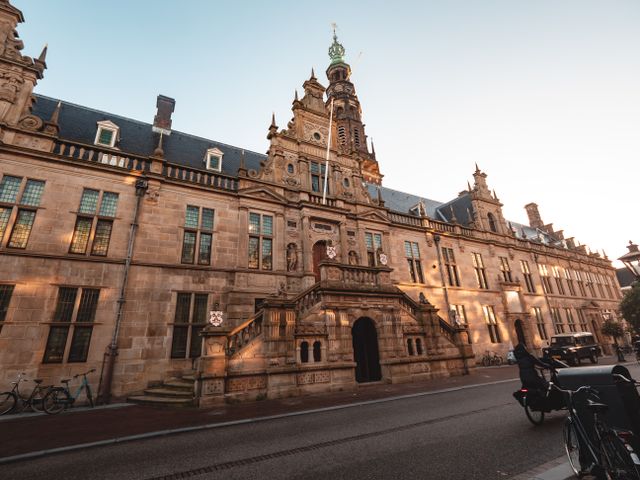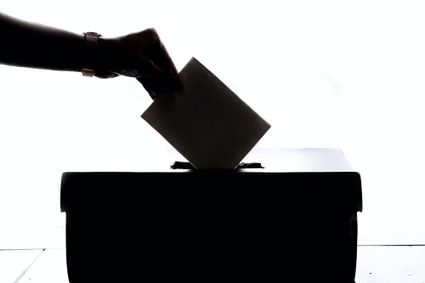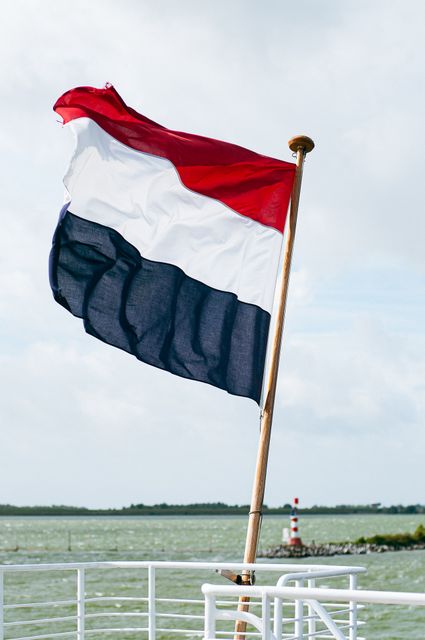Politics in the Netherlands
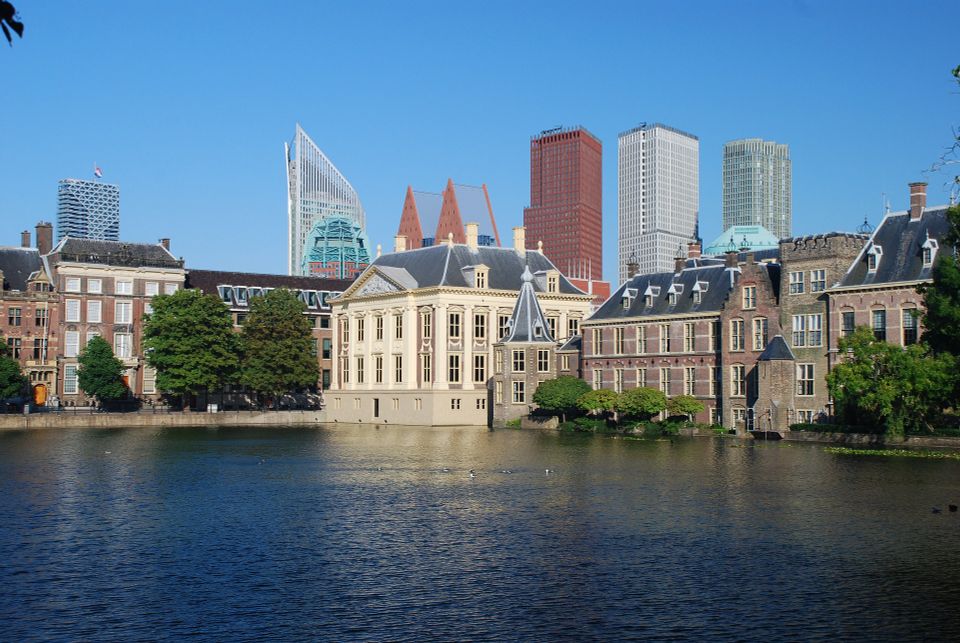
Dutch politics might be complicated to understand. You'll find all you need to know on this page.
The Netherlands is a constitutional monarchy, similar to the UK, Belgium, and Spain. The position of the monarch is laid down in the Constitution. The Constitution lays down that the monarch and the ministers together constitute the government. The monarch is the head of state of the Kingdom of the Netherlands, while the elected prime minister acts as the head of the Dutch government. Since 1848, the Constitution has laid down that the ministers, not the monarch, are responsible for acts of government and the ministers are accountable to parliament for government policy.
You will find a more detailed explanation of the role of the monarch, the prime minister, and the different levels of government below.
The Monarch
The Dutch monarchy in it's current state has existed since 1815. It's a heriditary function; Queen Beatrix abdicated in 2013, and Willem-Alexander is king of the Netherlands since then. He is the official head of state, and is therefore part of the government, but it's a laregely ceremonial and symbolic function. He has no ruling power, but laws need his signature, and he makes state visits, and receives other heads of state, to strenghten dimplomatic ties.
Learn more about the royal house of the Netherlands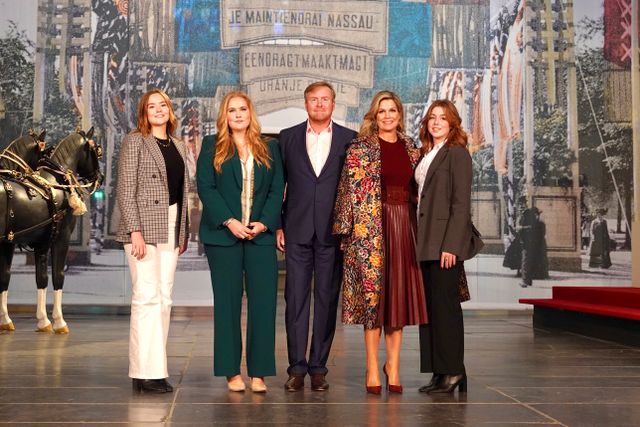
Government and cabinet
The Dutch government is made up of the King and the ministers. In addition to the ministers, the government also has state secretaries who handle specific responsibilities, and are individually accountable to the parliament for their assigned policy areas. Together, the team of ministers and state secretaries are also referred to as the cabinet. They take governmental decisions, and make laws. They are in position for 4 years, but can resign individually or all together earlier if trust in them is low, or if a majority of parliament asks them to do so.
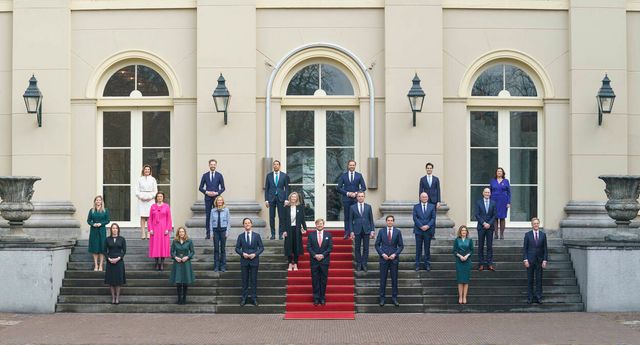
Prime Minister
Due to the ongoing 2023 Elections, the Prime Minister has not yet been decided.
The Prime Minister acts as the head of the Dutch national government and bears responsibility for the coordination of government policy. They are normally the leader of the largest political party after elections, or in the coalition. In addition, the Prime Minister serves as the ‘face’ of the incumbent cabinet. They present government policy to the outside world–for example, every Friday at a press conference and in a televised feature segment after the regular cabinet meeting. Currently, Mark Rutte is Prime Minister since 2010, the longest-serving in Dutch history.
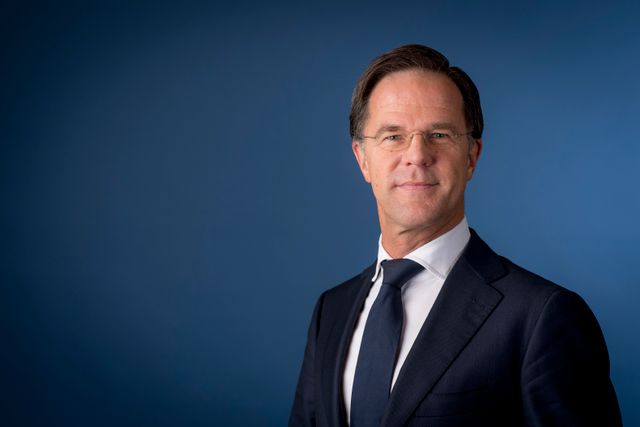
Dutch Parliament
The Dutch parliament is called the States General, and consists of two chambers: the Tweede Kamer (Lower House) and the Eerste Kamer (Upper House). The Tweede Kamer plays a far more prominent role in the Dutch political process and has 150 members, who are directly elected. These elections are held once every four years, unless a government falls before the end of its term and early elections are called. The members of the Eerste Kamer are chosen by the members of the twelve provincial parliaments, which take place every four years. The Eerste Kamer has 75 members. Key duties are to propose, review and pass laws in collaboration with the government, and to review the cabinet’s implementation of legislation and all other government actions.
Learn more about Dutch parliament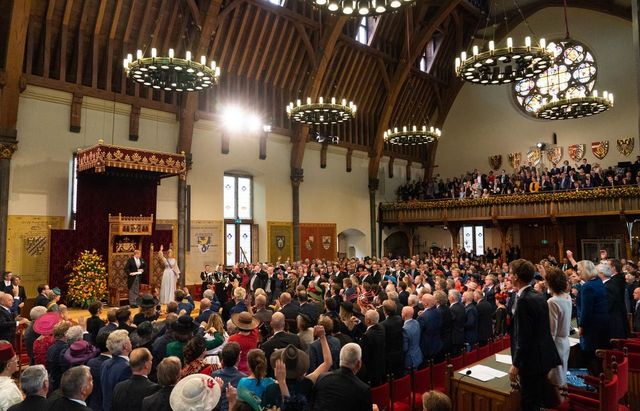
Provinces
The provincial authorities are responsible for matters such as spatial planning in rural areas, regional accessibility and regional economic policy. As the ‘middle tier’ of public administration, they also serve as a link between the municipalities and central government. Provinces have autonomous powers to decide on many issues, such as where roads are to be built. They also implement certain national laws, for instance on creating new protected areas for nature. Provincial council elections are held every 4 years.
Learn more about the Provinces and their responsibilities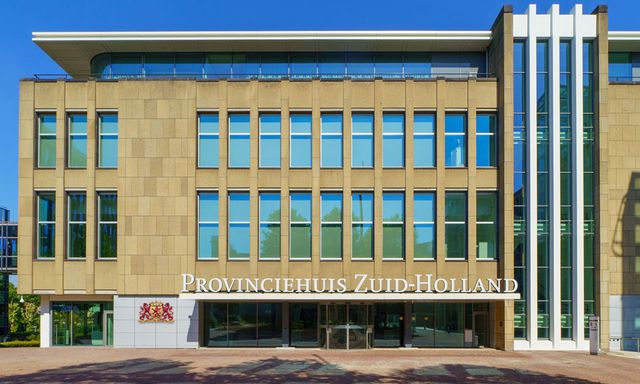
Municipalities
There are 390 municipalities in the Netherlands. Municipalities only carry out tasks that directly affect local residents, like household refuse collection, issuing passports and drawing up land-use plans. Members of the Municipal Council make all the major decisions affecting the municipality. Every four years, you can vote for members of the Municipal Council. Next to the council, there is the municipal executive, which consists of the mayer and alderman. You cannot vote for them.
Learn more about municipalities in the Netherlands